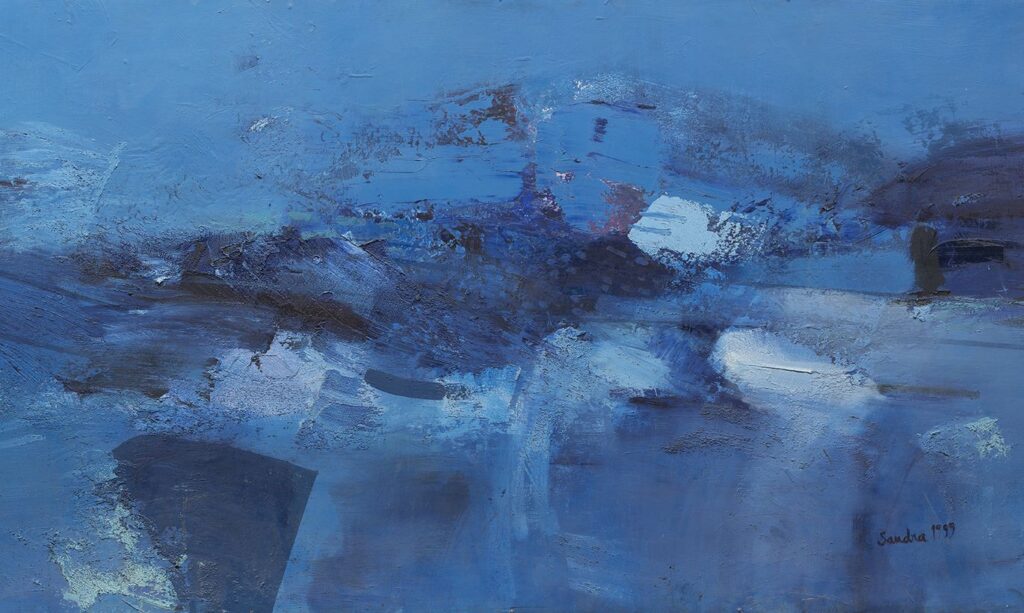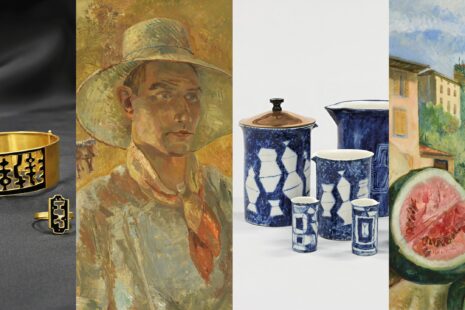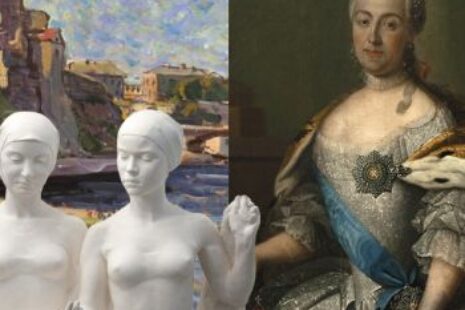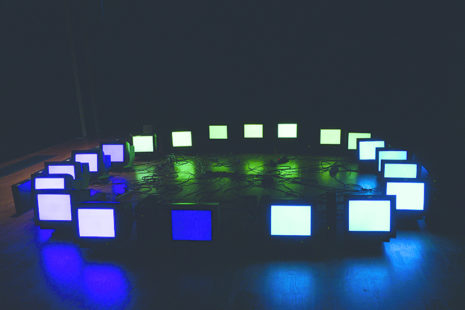In the Fahle gallery you can see Sandra Jõgeva’s paintings from the period 1997-2004, which reflect the experimental spirit of the painting characteristic of the millennium change. The semi-abstract works, which flirt with small figures, are inspired by the artist’s mother Malle Leisi on the one hand, and refer to the playfulness and practice of integrating various experimental materials into classical painting techniques and try to expand the traditionally narrow possibilities of painting. Sandra Jõgeva’s work is characterized by experimentation and an attempt to break out of the frame – both on a material and mental level. The works on display at the Fahle Gallery have remained the artist’s last paintings before diving into the diverse and diverse world of performance, installation, video art and film. Looking at Jõgeva’s current work, it is understandable why a final bill was made with painting in 2004. Apparently, the canvas remained too narrow and limited a playing field for the big message. Sandra Jõgeva can be considered the conscience of the Estonian art world without exaggeration – she is one of the few who dares to touch on topics in her art that are considered taboo or that are used to remain silent. The key words are inequality, corruption and power relations.
One of the author’s latest works is on display in the Solaris Center – the installation “Seven Deadly Sins” consisting of cakes, which deals with the corrupt pole of the Estonian art world. The work summarizes the author’s critical speeches on Estonian art policy published in the media and social media in recent years, opening up the hierarchies established by almost 30 years after regaining independence and the tacitly accepted power relations. Jõgeva brings out the honest truth – the artist, when the creative person has fallen to the bottom of the current hierarchies: she is left with only all sorts of resources that are distributed from state funds. An artist must do his work, either for free or for a nominal fee, to be a freelancer, most likely without a health insurance fund. At the same time, the institutions employ people with the average salary and social guarantees in Estonia, who receive the vast majority of the money allocated for art. Ironically, the programs of these institutions are filled by the creation of the same artists who are in a very vulnerable social situation. & quot; Seven Deathly Hallows & quot; illustrates the situation that the artist has personally experienced after publicly drawing attention to the systemically contradictory and unfair situation in the art world described above. After that, the artist has aroused the resentment of many people working in the art world – artists, curators and art policy makers, and the former welcome have become ignorant strangers. Sandra has photographed these people at public events for Jõgeva’s installation and put them on the cake in a photo print. Each photo is accompanied by a short text describing the nature of the problem. Now, silent and corrupt acts have been brought from social media directly to the city center and to people’s everyday lives – to the gallery on the first floor of the Solaris Center.
Sandra Jõgeva has studied painting at the Estonian Academy of Arts, Faculty of Liberal Arts (BA, 2000) and interdisciplinary arts (MA, 2002). She has won several important awards for her work, including the Estonian Cultural Endowment’s annual award for visual and applied arts (2004), the Betti Alver Literary Prize for her collection of short stories “Drama Point” (2009); her debut film “Love…” (2017) was awarded the Colleague Award of the Estonian Documentary Guild (2017), the EFTA Award and the Audiovisual Art Endowment Award of the Estonian Cultural Endowment (2018).
Gallery name: Solaris gallery
Address: Estonia puiestee 9, Tallinn
Opening hours: Wed-Sun 12:00 - 22:00
Open: 13.12.2020 - 10.01.2021







